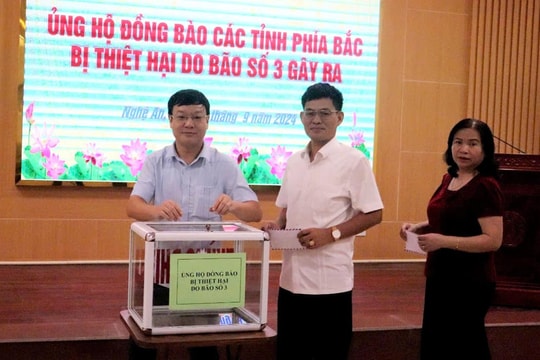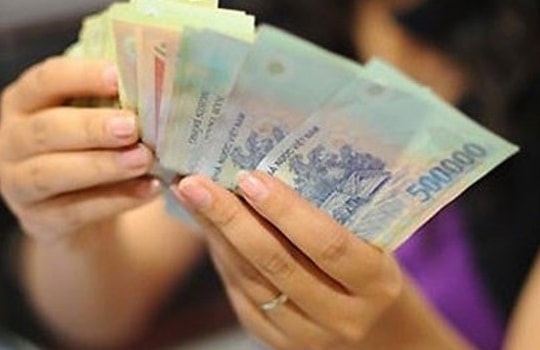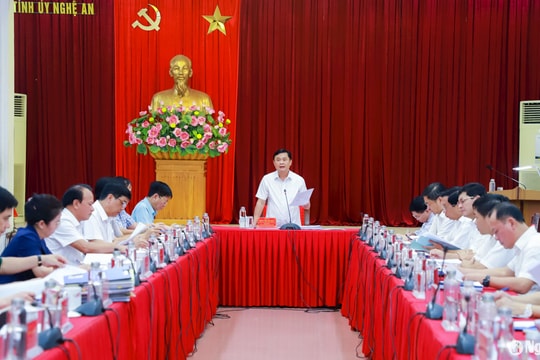More than 7,000 civil servants may be converted into contract civil servants.
The Ministry of Home Affairs said that currently, more than 7,000 officials in ministries, branches and localities will be converted into civil servants. The Ministry is studying a plan for a contract civil servant regime to include in the overall policy for these cases.
This information was given at the working session of Permanent Deputy Prime Minister Nguyen Hoa Binh with the Ministry of Home Affairs yesterday.
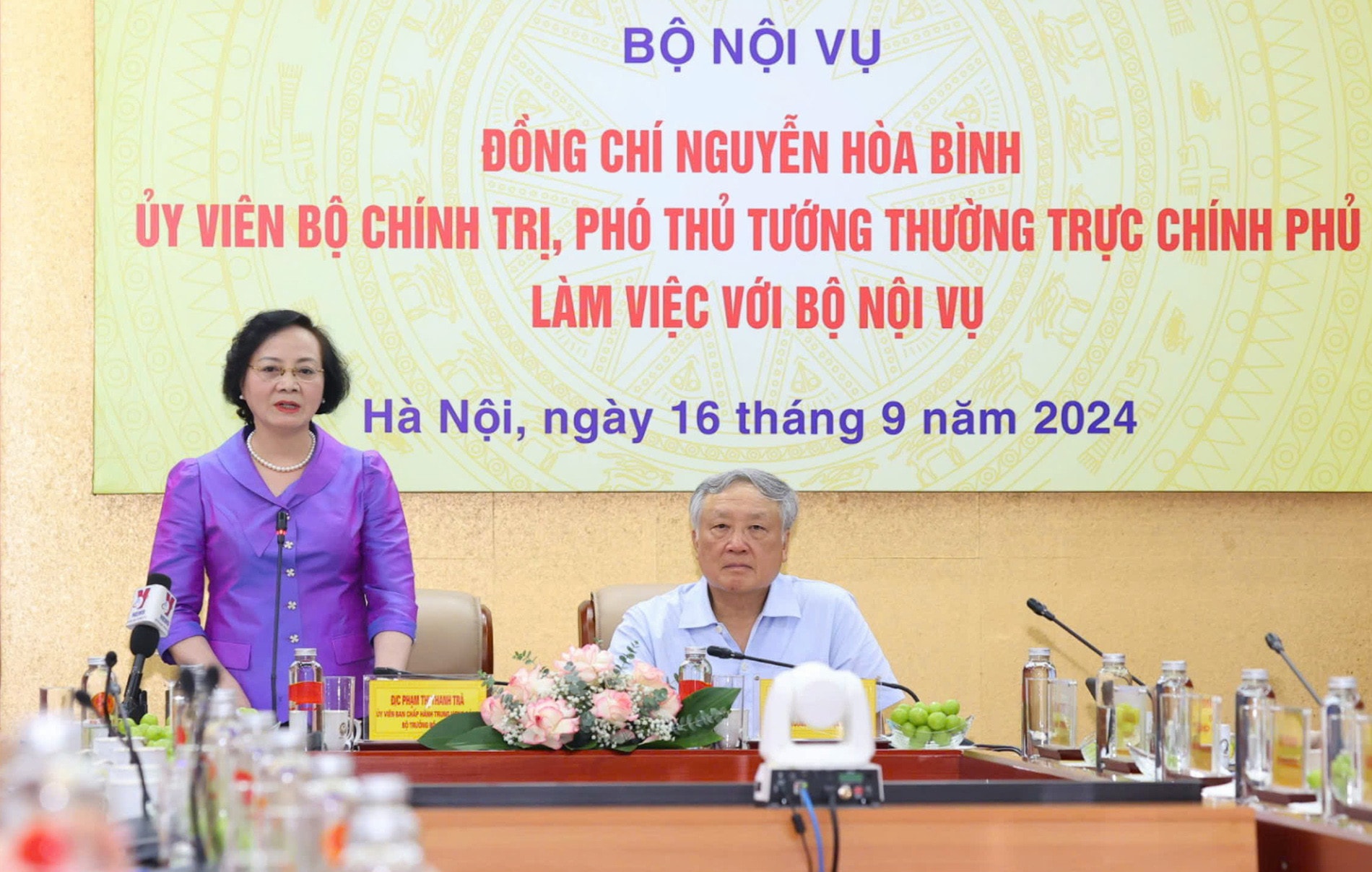
Work as a civil servant but receive a civil servant's salary
Deputy Minister of Information and Communications Bui Hoang Phuong said that the Ministry is currently facing staffing problems with the Radio Frequency Department and the Telecommunications Department.
Currently, these two Departments have many officials who have been working as civil servants for a long time. Therefore, the Ministry hopes that in the near future, the Deputy Prime Minister will pay attention to directing the early establishment of a mechanism to convert these officials into civil servants.
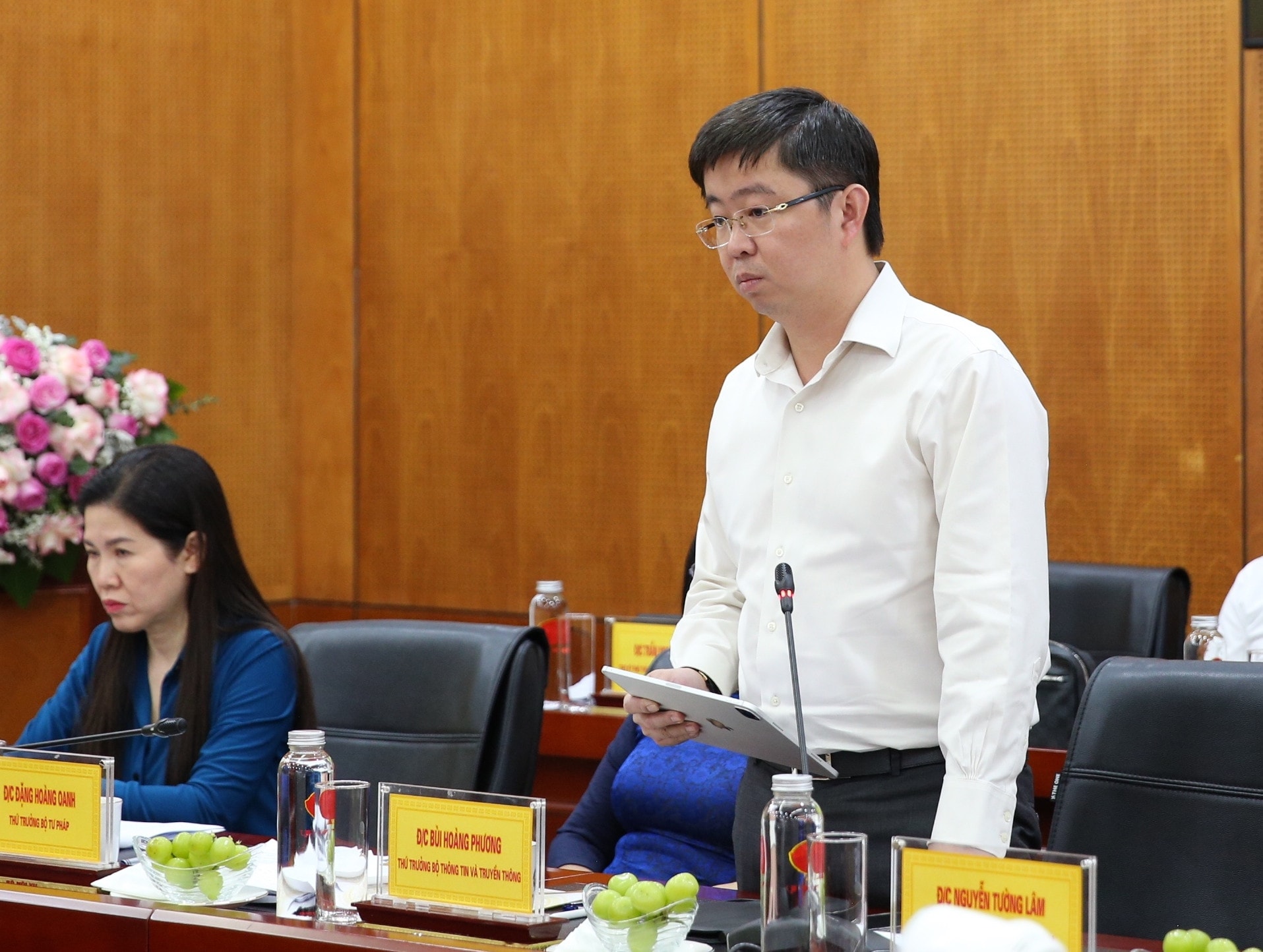
Minister of Home Affairs Pham Thi Thanh Tra said that the Ministry of Home Affairs has reported this matter to the Central Steering Committee on Staff Management to officially report to the Politburo. The Politburo has assigned the Central Organizing Committee to find a solution to convert these officials into civil servants.
“Not only the Ministry of Information and Communications, but the whole country currently has more than 7,000 officials who need to be converted into civil servants. Among them are the Ministries of Agriculture and Rural Development, Information and Communications, Transport, Science and Technology and localities. The agencies are continuing to review similar cases,” said the Minister of Home Affairs.
Deputy Head of the Government Office Mai Thi Thu Van said that recently, there have been a number of units that have both management and toll collection functions, such as: the Ministry of Information and Communications has the Radio Frequency Department and the Telecommunications Department; the Ministry of Transport has port authorities, the Registry Department, the Aviation Department, the Maritime Department; the Ministry of Agriculture and Rural Development has the Veterinary Department, the Plant Protection Department, etc.
During the process of building the payroll, the personnel in these units were identified as civil servants, but in fact, these departments are state management agencies, so they must be on the payroll of civil servants. According to the new regulations, all these units will return to the operating mechanism as normal state management agencies, not applied as public service units.
“If in the future these departments and offices no longer apply the special mechanism and are no longer subject to the financial mechanism of public service units, will they receive civil servant or public employee salaries? I request the Ministry of Home Affairs to pay attention and support this matter,” said the Deputy Head of the Government Office.
Review for overall adjustment
Deputy Minister of Home Affairs Truong Hai Long added that the management of payroll as reflected by ministries and branches has existed for a long time and there are many units with thousands of people but are not assigned any civil servant payroll, or there are public service units assigned the task of state management and have revenue sources.
“The Ministry of Home Affairs has conducted a comprehensive review and found that those positions should be assigned to civil service positions. Currently, the whole country has more than 7,000 civil servants who should be assigned to civil service positions. This has been reported to the Politburo,” the Deputy Minister of Home Affairs informed.
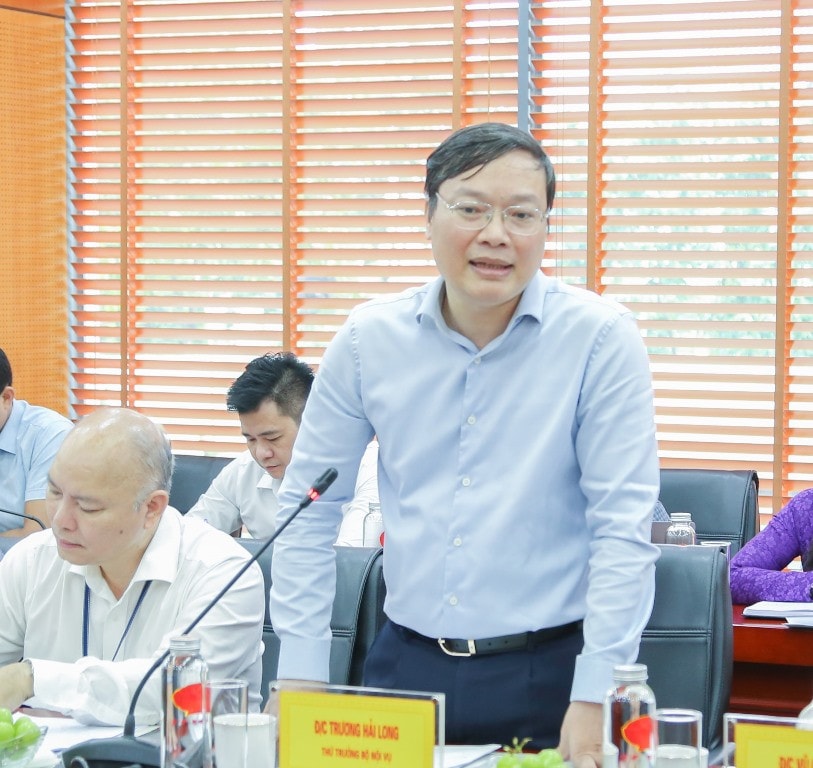
According to Mr. Truong Hai Long, on August 16, the Politburo issued a document assigning the Standing Secretariat to direct the Central Organization Committee to review and synthesize this payroll number for overall adjustment.
"If these 7,000+ officials are transferred to civil servants, the problem is that it will affect the streamlining of civil servant payroll (increasing the number of civil servants - PV) and it is possible that the long-standing streamlining of civil servant payroll will return to almost even," Mr. Long analyzed.
Therefore, according to the Deputy Minister of Home Affairs, it is necessary to consider the option that administrative agencies with revenue sources can apply the contract civil servant regime. The Ministry of Home Affairs is studying this to incorporate into the overall policy.
Deputy Minister of Information and Communications Bui Hoang Phuong said that there needs to be a way to share national data on cadres, civil servants and public employees in vertical sectors.
“Thus, in the IT&T sector, I will have some information about the staff of the Department of Information&T in the localities. This will support the rotation and transfer of staff or the training and development of staff at the local and central levels to know which staff is suitable for the job,” said Mr. Phuong.
The Deputy Minister of Information and Communications said that the Ministry has recently sent nearly 10 officials to work as Directors and Deputy Directors of the Department of Information and Communications in a number of provinces and cities. If the database on officials, civil servants and public employees is shared, the Ministry of Information and Communications will do this better and promote the effectiveness of the database's features.
In addition, the Deputy Minister of Information and Communications also said that the Ministry is currently facing difficulties in income policy for officers working in information security and digital transformation.
Previously, the Prime Minister assigned the Ministry of Public Security and the Ministry of Information and Communications to coordinate in drafting a decree on this content. However, due to the implementation of the new salary policy from July 1, 2024, the ministries agreed that the new salary policy would be implemented after implementation. Therefore, he hoped that the Ministry of Home Affairs would coordinate soon to implement this content.
“This is really a difficulty in attracting human resources for the industry. Because in this field, salaries outside are higher than state salaries, sometimes 2 or 3 times higher. Therefore, there must be policies and regimes to ensure income and living standards for our employees. If the salary difference is so large, it will be very difficult to keep our employees,” said Deputy Minister Bui Hoang Phuong.

